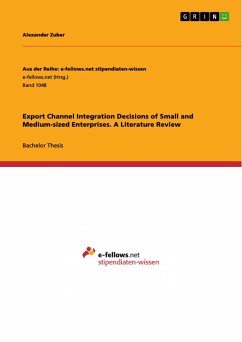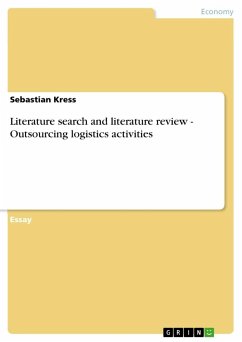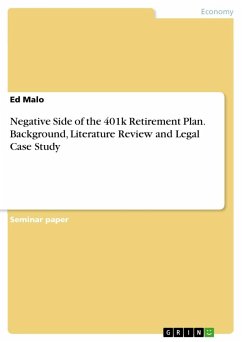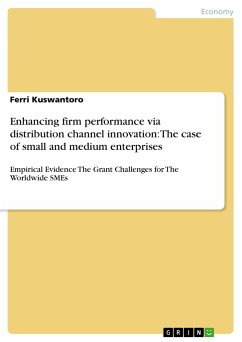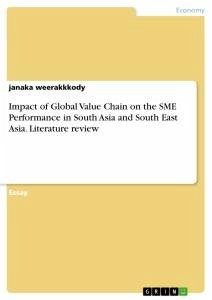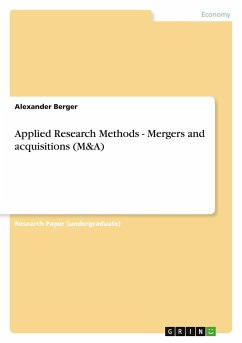Bachelor Thesis from the year 2013 in the subject Business economics - Trade and Distribution, grade: 1,0, Vienna University of Economics and Business (Institute for International Business), language: English, abstract: "The opportunities for channel researchers to contribute to knowledge creation in the marketing discipline and, at the same time, affect business practice are almost endless" (Frazier 1999, p.238). While the theoretical understanding of the internationalization and international marketing strategies of large firms has been in the focus of research since a long time, attention has been given only recently to investigate the same questions for small and medium-sized enterprises (SMEs). Exporters need to question their export channel structure every day in order to remain successful. Should the product be distributed directly or indirectly? Which way is more efficient, effective and/or profitable? Should export channels be changed? (John & Weitz 1988, Huan & Hsu 2003). The decision on channel integration, the extent to which the export channel is performed by the exporting firm without intermediaries, is extremely important, as it affects revenues, investments and costs (Shervani, Frazier & Challagalla 2007). As a research field, export channel structure is vital for two groups. First, there are scholars trying to find evidence for applied theories, and second, managers attempting to reduce risks and improve export performance. Wrong decisions in export channel choice may incur high costs and long-lasting difficulties, particularly for SMEs. These firms, if active in international exporting, tend to rely on one or few export channels. At the same time, SMEs operate the majority of export channels worldwide and are more inclined to switch their export channels than multinational firms.The first export channel research started in the 70s. Since then considerable progress has been made. Especially in the late 80s and early 90s researchers have focused on the structure of international distribution channels with increasing attention to SMEs. Several theories (Transaction Cost Economics (TCE), Internationalization Theory, and Resource-based View (RBV)) have been developed and applied to assess and explain the reasons of different export channel integration strategies. Within the research scope, although TCE is not complete to explain the different strategies with regard to the degree of channel integration, it has been by far the most popular theory applied to this question. The results of the relevant empirical studies point out that channel structure control, knowledge and experience are the most important factors.
Hinweis: Dieser Artikel kann nur an eine deutsche Lieferadresse ausgeliefert werden.
Hinweis: Dieser Artikel kann nur an eine deutsche Lieferadresse ausgeliefert werden.

